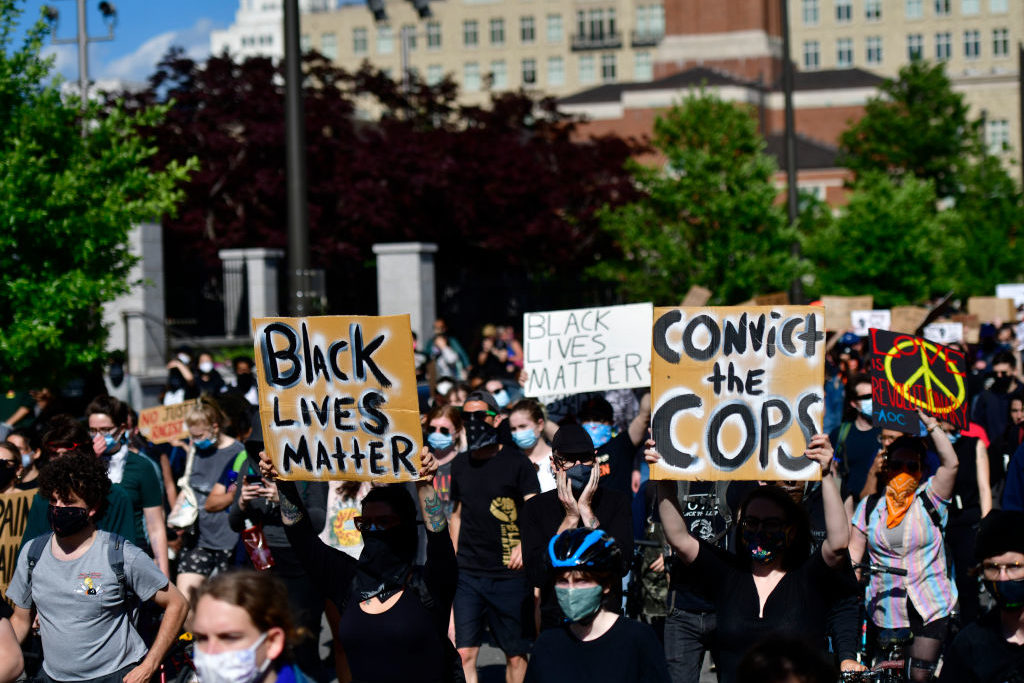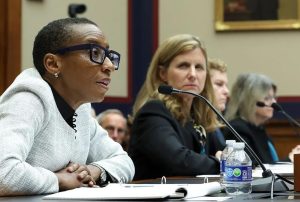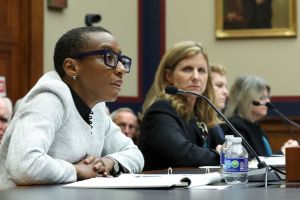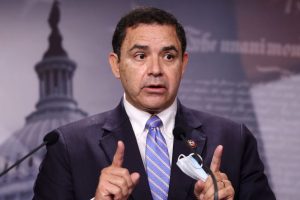In the first weeks of my freshman year at the University of Pennsylvania, I heard the phrase ‘abolish the police’ for the first time.
I was attending a Penn Political Union debate, during which students debated the efficacy of ICE and other border security measures. During the question and answer period, a series of (mostly white) students rose up and pushed the debaters on discussing the abolition of not only ICE, but the Philadelphia police.
Needless to say, this line of thinking was rather jarring for an eighteen-year-old from the suburbs. I was the leader of my high school’s Young Republicans chapter and therefore had some degree of exposure to leftism, yet this particular viewpoint was entirely new to me. Penn is located in West Philadelphia, which is one of the more dangerous neighborhoods in an already dangerous city. Did these students understand the risks to our university that would quickly follow abolishing or otherwise reducing the scope of the police department?
Heading into my sophomore year, I moved into an off-campus home in West Philadelphia, roughly a quarter mile from Penn’s campus. The experience of walking home through West Philadelphia after dusk still makes me uneasy at times. I am abundantly thankful for the Philadelphia and Penn Police officers who patrol the area. This feeling of assurance is quite reasonable; in the summer of 2009, Philadelphia ran an experiment in which the city managed to cut violent crime by 23 percent in areas with increased foot patrols.
I am likewise thankful for Penn’s crime alert text messaging system, which informs students of burglaries, gang activity, and other violent crimes unfolding at particular addresses. On more than one occasion, I would have strolled through an unfolding crime scene had I not received one of these alerts.
However, a few weeks ago I learned from my classmates that my appreciation of these resources — valuable assets which have the potential to preserve my life and property should worse come to worst — makes me complicit in supporting a ‘racist fascist police state’.
Police Free Penn — a student group devoted to ending Penn’s involvement with Philadelphia police and its own private police force — released a petition with a list of demands for Penn’s Board of Trustees.
‘As members of the Penn community, we stand in solidarity with our comrades protesting this state on the streets of Minneapolis, Brunswick, Atlanta, New York City, Philadelphia, and the rest of the country’, reads the petition. ‘Moreover, we stand against the manner in which this police state is institutionalized at the University of Pennsylvania’.
It seems that the solution to this ‘police state’ is the gutting of many measures that keep Penn students safe. The petition demands for opening all buildings on campus to unaffiliated community members, banning the use of guns by university police, and ceasing all involvement with ‘police unions and organizations that support the implementation of militarized policing’.
Plus, the petition asks for Penn to ‘cease the racialized practice of broadcasting on university email and texts, the so-called commission of crimes in the university area’ — the system that protects me and countless of my classmates during our travels in West Philadelphia.
The petition currently boasts over 14,000 signatures. However, it is highly doubtful that the policies forwarded by the petition are representative of Penn’s student body, residents of West Philadelphia, or the nation at large.
According to a recent Monmouth poll, most Americans approve of their local police departments. Seventy-three percent of college-educated whites are ‘very or somewhat satisfied’, while only 9 percent are ‘somewhat or very dissatisfied’.
Perhaps to the surprise of my white leftist classmates who supposedly speak for ‘oppressed’ minority groups, 72 percent of African Americans are ‘very or somewhat satisfied’ with their local police, while 14 percent are ‘somewhat or very dissatisfied’. Before voicing their opposition to the ‘racist’ police, did they even bother to consult the African Americans in Philadelphia they claim to represent?
[special_offer]
For many left-wing activists on Penn’s campus, the answer seems to be ‘no’. Penn Democrats has been campaigning tirelessly for ‘defund the police’, which can apparently stop short of full abolition. They raised over $2,000 for the Minneapolis Freedom Fund, which paid bail for rioters in Minneapolis. They contacted Philadelphia’s city council to advocate for police divestment. And they push the view that ‘modern policing is violent white supremacy’.
Is it not ‘violent white supremacy’ to enable rioters as they burn down African American neighborhoods? How many of these Ivy Leaguers were raised in private schools and gated communities, and therefore have no meaningful connection to the folks they are deluded into thinking they represent?
Yet that is an increasingly predominant pattern among American college students. After a left-leaning primary and secondary education, students are spoonfed Marxism in their college years, leading to widespread detachment from reality, wokeness, and virtue-signaling. Students who disagree with their premises — or are simply too focused on their GPA to involve themselves in the conversation — are punished as administrations slowly bow to the mob’s demands and erode the entire community’s safety as a result.
Sadly, this is the new normal among America’s once-great college campuses.


















